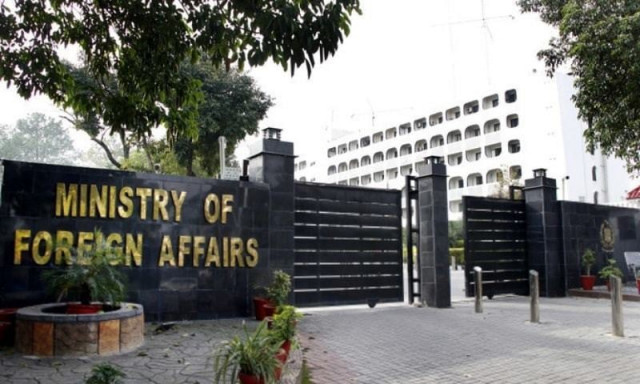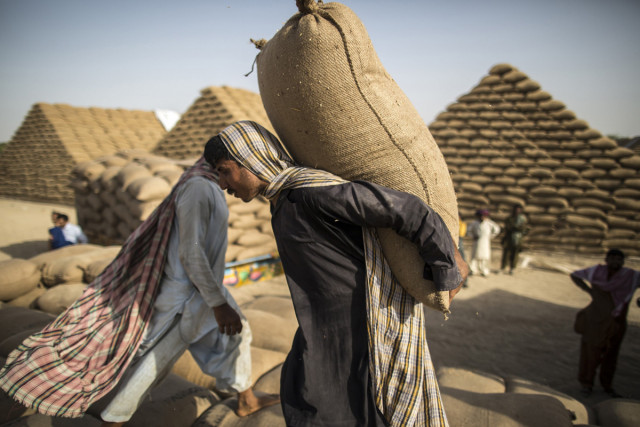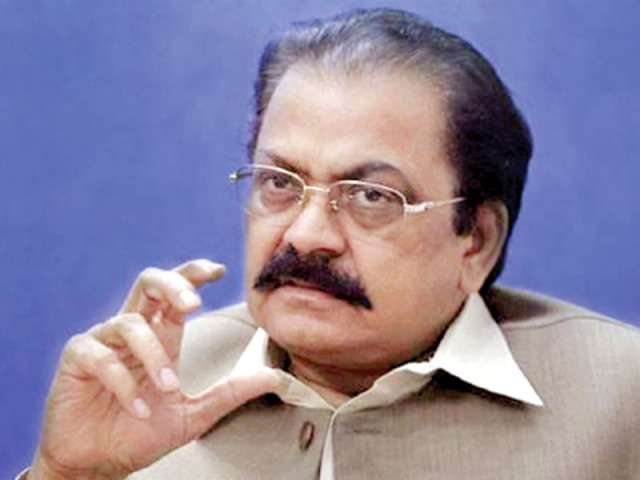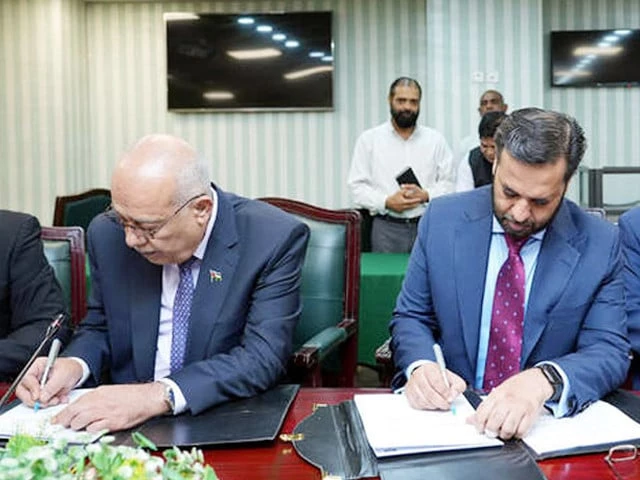Understanding the Pakistan-Saudi Arabia Defence Agreement: A Step Toward Regional Stability
Recently, Pakistan and Saudi Arabia made headlines with the signing of a Strategic Mutual Defence Agreement (SMDA), a move that signifies much more than just paperwork. This agreement has been described by Pakistan’s Foreign Office spokesperson, Shafqat Ali Khan, as "purely defensive in nature," emphasizing that it isn’t aimed at any third nation. So, what does this really mean for both countries and the broader region?
First off, this agreement is rooted in a long-standing history of deep ties between Pakistan and Saudi Arabia. For decades, both nations have cooperated on various fronts, particularly in the realm of defense. Since the 1960s, this bond has been a cornerstone of their bilateral relations. With the signing of the SMDA, Islamabad and Riyadh have formalized this partnership, which is expected to bolster peace, security, and stability in the region.
On the ground, this agreement signals a commitment that if either country is attacked, it will be seen as an attack on both. It’s important to note that this pact comes amid recent geopolitical events, including tensions arising from Israeli actions towards neighboring Qatar. However, Saudi officials have clarified that this agreement isn’t a specific response to any current crisis, but rather a reflection of their long-term strategic cooperation.
The dynamics of this relationship are fascinating. Pakistan holds a special place in the hearts of many Saudis, with significant cultural and religious ties stemming from the shared importance of Holy sites in Makkah and Medina. Many Pakistanis also regard the Saudi royal family with deep respect for their custodianship of these sites.
Looking ahead, how do these developments impact regional stability? As military trainers from Pakistan have long operated within the kingdom, their collaboration in defense operations is expected to deepen, which could serve as a stabilizing force in the region. Moreover, both countries seem eager to explore expanded economic cooperation alongside their security partnership, which could lead to more significant benefits for both populations.
This defence agreement is indeed a notable milestone. It symbolizes a united front in the face of ever-evolving challenges. As both leaders, Prime Minister Shehbaz Sharif and Crown Prince Mohammed Bin Salman, work to elevate their relationship, it’s clear that they hope to harness this strategic partnership not just for military cooperation, but also for broader economic growth.
In a world where geopolitical complexities abound, this partnership could serve as a beacon of collaborative effort. By keeping lines of communication open and laying down cooperative frameworks, both nations aim to position themselves as strong allies dedicated to regional peace and mutual security.
For those interested in exploring more about international relations, strategic partnerships, and their implications, staying connected is essential. Platforms like Pro21st offer insights that can help you grasp the evolving landscape more fully. Let’s dive deeper into these topics together!
At Pro21st, we believe in sharing updates that matter.
Stay connected for more real conversations, fresh insights, and 21st-century perspectives.





